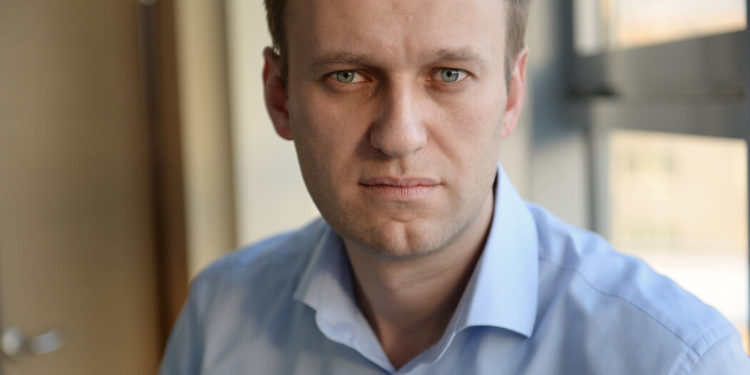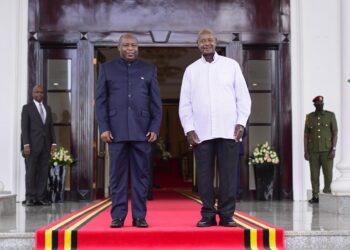By THE NEW YORK TIMES
Word of Aleksei A. Navalny’s death drew condemnation from across Europe on Friday, with leaders holding Russia’s government, and specifically President Vladimir V. Putin, responsible for the demise of the imprisoned Russian dissident.
President Volodymyr Zelensky of Ukraine, who was in Germany on Friday for the Munich Security Conference, said that Mr. Navalny “was killed by Putin, like thousands of others who were tortured because of this one creature.”
Germany’s chancellor, Olaf Scholz, speaking alongside Mr. Zelensky after signing a security agreement with him in Berlin, expressed dismay at the reports of Mr. Navalny’s death, calling them “very depressing.”
“It’s awful the way Russia has changed,” Mr. Scholz said.
His predecessor as chancellor, Angela Merkel, who in 2020 succeeded in persuading Mr. Putin to allow Mr. Navalny to be flown to Berlin for treatment after being poisoned, expressed her “great dismay” at the reports of the opposition leader’s death.
“He was a victim of Russia’s repressive state power,” Ms. Merkel said in a statement. “It is terrible that a courageous, fearless voice who stood up for his country has been silenced by terrible methods.”
Throughout her 16-year tenure, Ms. Merkel was considered the only Western leader capable of communicating with Mr. Putin. Despite his repeated attempts to intimidate her, she insisted that he would be more dangerous if isolated, and maintained continual contact with him. During her final visit to Moscow as chancellor in August 2021, Ms. Merkel urged the Russian president to release Mr. Navalny, calling his detention “unacceptable.”
In France, which Mr. Zelensky was also visiting on Friday, President Emmanuel Macron said: “In today’s Russia, free spirits are put in the Gulag and condemned to death. Anger and indignation.”
“I pay tribute to the memory of Alexeï Navalny, his commitment and his courage,” Mr. Macron wrote on the social platform X. “My thoughts are with his family, his loved ones and the Russian people.
Prime Minister Rishi Sunak of Britain, whose country has long been an outspoken critic of Russia’s detention of Mr. Navalny, as well as its broader crackdown on dissent, called Mr. Navalny’s death “terrible.”
“As the fiercest advocate for Russian democracy, Alexei Navalny demonstrated incredible courage throughout his life,” Mr. Sunak wrote on X. “My thoughts are with his wife and the people of Russia, for whom this is a huge tragedy.”
Britain has had a tense relationship with Russia for years, a rift that was deepened by the poisoning of two former Russian intelligence operatives on British soil in the last two decades, the subsequent expulsion of Russian diplomats from Britain, and Britain’s stalwart support of Ukraine after Russia’s full-scale invasion.
Mr. Sunak’s sentiments were echoed by other leaders.
The European Union “holds the Russian regime for sole responsible for this tragic death,” Charles Michel, the president of the European Council, said on social media. Mr. Navalny, he added, “fought for the values of freedom and democracy. For his ideals, he made the ultimate sacrifice.”
Jens Stoltenberg, NATO’s secretary general, said Mr. Navalny had been “a strong voice for freedom.” He added, “All the facts has to be established, and Russia has serious questions to answer.”







Discussion about this post